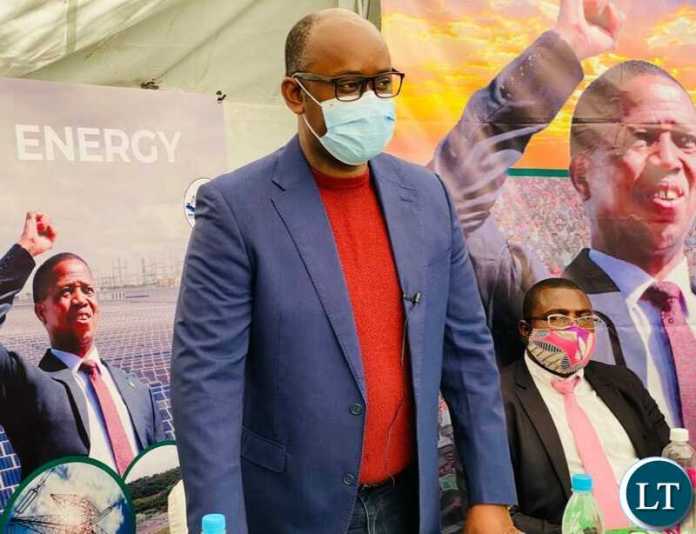By Fred M’membe President of the Socialist Party
Social inequality makes you feel constantly debased and humiliated as a second-class citizen in your own country. Inequality has divided our country into two nations – the Kwa and Ku nations – the nations of the poor and the well-to-do. As such, we cannot truly speak of one Zambia as one nation.
Those who live in Kwa have poor water supply, sanitation, shelter, nutrition, schools, healthcare, roads, and very high rates of unemployment. Those who live in Ku have the best of everything. And whereas in the past it was easy to move from Kwa to Ku, today it is very difficult to do so. In those days, all one needed was to work very hard at school, college or university. Today, hard work is not a guarantee that one will finish school, college or university. It is money that determines that, the ability to pay school, college or university fees.
If you are born in Kwa, it is highly unlikely you will marry someone from Ku. Where are you going to meet? You live in different places, you go to different schools, churches, shopping centres, places of entertainment, and even bury your dead in different graveyards.
To unite our people in “one land and one nation” – as is our cry in our national anthem – will require equity of access to necessities such as education, healthcare, water, housing, sanitation, transportation, physical security, land and food. Most, such as health, education and physical security, should be public goods, and others should at least be distributed according to the level of need in order to ensure access for all. Zambian society is a long way from realising this requirement. The rich have “first-world standard” goods and services, whereas the poor masses have access to poor-quality services or none at all. There should be no such gap.
The Zambian masses are suffering from poverty, injustice, humiliation and inequality. This suffering is both material and moral. Even when no one lives in absolute poverty, the existence of a glaring disparity in income levels indicates an intolerable imbalance in the way wealth and resources are distributed.
In a compassionate society, there should be no differences in outcomes based on factors for which people cannot be held responsible. Zambia has one of the worst situations globally. There is a glaring gap between the rich and poor. Between 2010 and 2015, the Gini coefficient increased from 0.65 to 0.69. This is a very high rate of income inequality. It is volatile and dangerous for national development.
It could be argued, of course, that those who enjoy the highest levels of income have achieved it through hard work, and that they deserve the benefits of their efforts, regardless of the poverty afflicting others. There are many reasons to reject this argument. From a religious point of view, it is sinful to keep for oneself an overabundance of wealth when one’s sisters and brothers are suffering, and even dying for want of simple necessities.
In such a situation, it is of no consequence how and why some people come to be excessively wealthy while others starve. Distributive justice demands that sufficient sharing takes place to ensure the basic needs of all are met.













